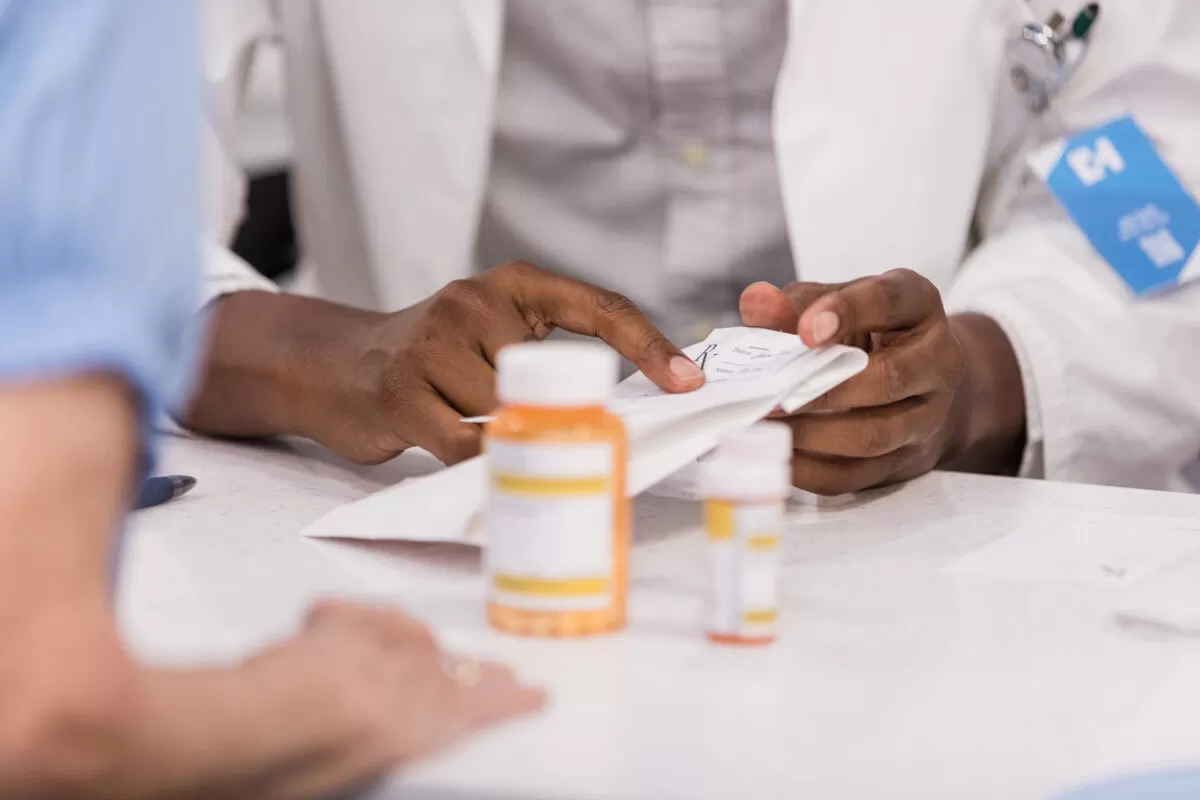
Are you intrigued by how long it takes for antibiotics to work? Having a clear understanding of the timeline for antibiotic effectiveness is crucial for setting realistic expectations and managing your treatment journey effectively. Although antibiotics are commonly prescribed to tackle bacterial infections, their efficacy can be influenced by various factors.
By delving into the intricate mechanisms that underpin antibiotic action and considering the diverse variables that impact their effectiveness, we can develop a deeper understanding of when to anticipate visible improvements in our health outcomes.
How Long Does It Take For Antibiotics to Work?
Antibiotics typically start working within 1-3 days after beginning treatment, although the exact timeline can vary depending on several factors.
Antibiotics and Their Mechanism of Action
Antibiotics function by specifically targeting and impeding the growth of bacteria, exerting their effects through various mechanisms. These may include disrupting the integrity of bacterial cell walls or interfering with essential processes like protein synthesis or DNA replication. Ultimately, this targeted action culminates in the eradication or death of the bacteria within the body, facilitating the resolution of the infection and alleviating associated symptoms.
Understanding the precise mechanisms by which antibiotics operate is crucial for appreciating their role in combating bacterial infections effectively and promoting overall health and well-being. Through this knowledge, patients and healthcare providers can make informed decisions regarding antibiotic therapy, ensuring optimal treatment outcomes and patient satisfaction.
Factors Influencing Antibiotic Effectiveness and Treatment Duration
Numerous variables play a significant role in determining the efficacy of antibiotics and the length of treatment required. These factors encompass the specific type of bacteria responsible for the infection, the severity of the ailment, the overall health status, and immune response of the patient, as well as the selection of the antibiotic and its prescribed dosage. Each of these elements contributes to the overall effectiveness of antibiotic therapy and must be carefully considered by healthcare providers when devising treatment plans.
Understanding the interplay of these factors is essential for optimizing antibiotic regimens and ensuring successful outcomes in combating bacterial infections.
Typical Timeframe for Antibiotics to Produce Noticeable Improvement
In most cases, patients can expect to notice improvement in their symptoms within the first few days of starting antibiotic treatment. However, it’s essential to complete the full course of antibiotics as prescribed by your healthcare provider, even if you start feeling better before the medication is finished.
Recognizing Signs of Antibiotic Effectiveness or Ineffectiveness
Signs of antibiotic effectiveness include a reduction in symptoms such as fever, pain, swelling, and redness at the site of infection. However, if you do not notice any improvement in your symptoms or if they worsen after several days of antibiotic treatment, it’s essential to contact your healthcare provider, as this may indicate antibiotic ineffectiveness or the presence of antibiotic-resistant bacteria.
Importance of Completing Full Course of Antibiotics
Completing the full course of antibiotics as prescribed by your healthcare provider is crucial for ensuring that the infection is fully treated and preventing the development of antibiotic resistance. Even if you start feeling better before you finish the medication, stopping treatment prematurely can allow the bacteria to survive and potentially become resistant to antibiotics.
The Role of Compounding Pharmacies in Antibiotic Therapy
Compounding pharmacies play a vital role in antibiotic therapy by providing customized medications tailored to the individual needs of each patient. These pharmacies can compound antibiotics into alternative dosage forms, adjust strengths and concentrations, and incorporate hypoallergenic ingredients, making them suitable for patients with specific allergies or sensitivities.
Customized Antibiotic Solutions for Individual Patient Needs
Compounding pharmacies offer personalized antibiotic solutions that address the unique needs of each patient, ensuring optimal treatment outcomes and patient satisfaction. By collaborating with healthcare providers and patients, compounding pharmacists can tailor antibiotic therapy to accommodate factors such as age, weight, allergies, and medication preferences.
Finding a Compounding Pharmacy
Looking for personalized antibiotic solutions? Visit Burt’s Rx, your local compounding pharmacy serving Newbury Park, Westlake Village, Thousand Oaks, and Moorpark.
Our experienced pharmacists specialize in compounding customized medications, including antibiotics, to meet the unique needs of each patient. Contact us today to learn more about how we can customize your antibiotic therapy for optimal results.
Conclusion
In conclusion, understanding how long it takes for antibiotics to work is essential for managing bacterial infections effectively. By working with your healthcare provider and pharmacist, you can ensure that you receive the appropriate antibiotic treatment tailored to your individual needs.
For personalized antibiotic solutions, contact Burt’s Rx today and take the first step towards better health and well-being.
Disclaimer: This article is meant for educational and entertainment purposes only. Do not substitute it for medical advice. Always listen to your doctor for the management of your condition.

 info@burtsrx.com
info@burtsrx.com
